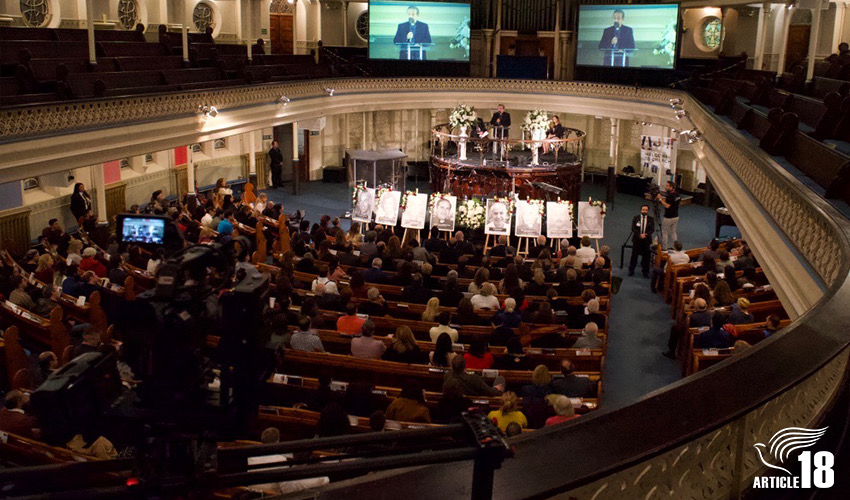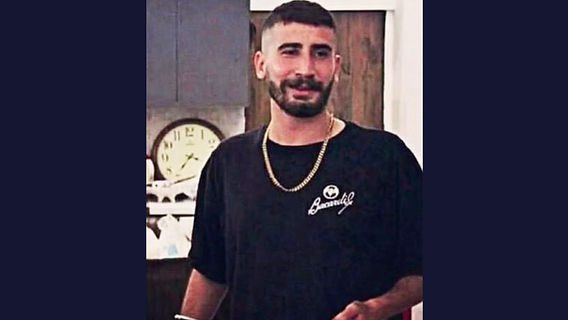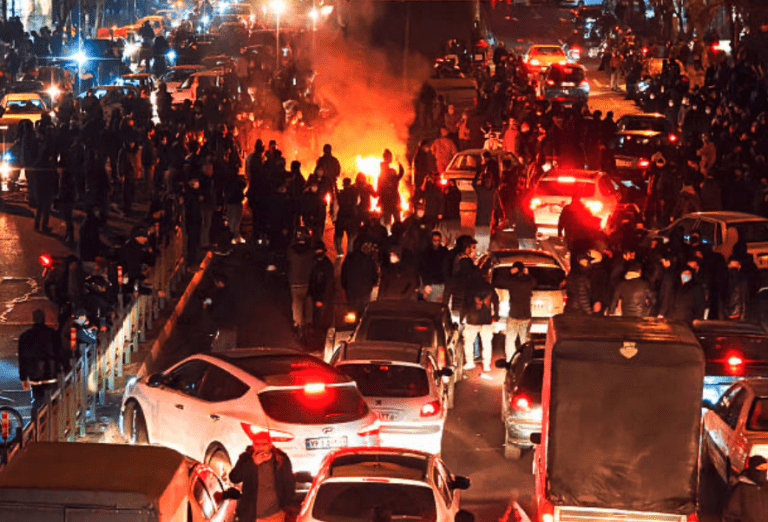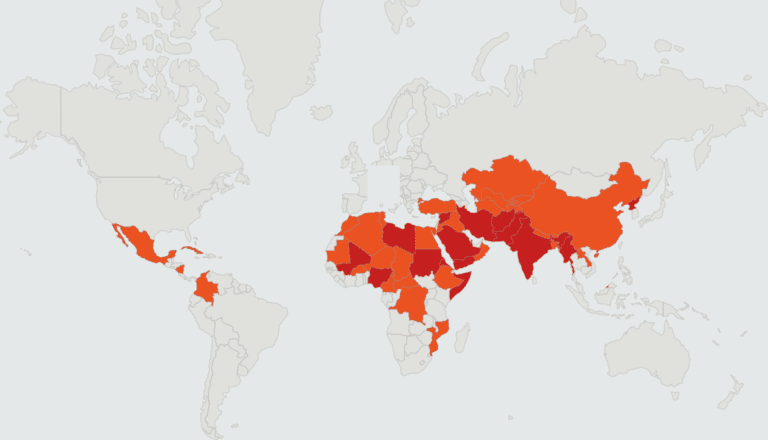
A senior pastor of the UK’s largest Iranian church has called on the Iranian government to ensure the “basic human rights” of Christian converts, as a “significant section of the Iranian society”, are “recognised in law and practice”.
Rev Dr Mehrdad Fatehi was speaking at a memorial service in London last month for the Iranian Christians killed since the revolution.
“Many of these Christian [converts] are experiencing, at different levels, the same kind of oppression and mistreatment that our dear martyrs stood against and experienced themselves,” he said.
“Our prayer today is that once more Iran would be known as a country in which people of different faiths are treated with kindness and equal respect.”
Below is a copy of his full statement, made on behalf of the Council of United Iranian Churches (Hamgaam):
Before I pray for Iran and for the church in Iran, in Persian, and address our Heavenly Father, the creator and Lord of the heavens and the earth, I would like to address a few words to those present, to those who might watch this in the future, as well as to the international community and to the Islamic government of Iran.
What I’m going to say is just a summary of what you already heard, but I want to put it in direct, explicit words.
As you heard, the fact is that at present tens of thousands, even hundreds of thousands, of Farsi-speaking Christians, from a variety of non-Christian backgrounds, including Muslim-background, live in Iran today.
With a sad and broken heart, I must say, as we heard, many of these Christians are experiencing, at different levels, the same kind of oppression and mistreatment that our dear martyrs stood against and experienced themselves.
As we heard, their churches have been closed down, and they are deprived of the fundamental human right of expressing and practising their faith.
This is most clearly seen in their being prevented from gathering together to worship God and have fellowship with their brothers and sisters in faith.
They are being threatened and harassed, thrown out of their jobs, and expelled from their university studies.
They are arrested, interrogated and put into jail.
They are humiliated, insulted, and even sometimes beaten and tortured. They are also forced to leave the country they love so much.
And we are aware that people of other faiths and religious practices are going through similar mistreatments.
We want to make a plea, I want to make a plea, to you today in the name of Jesus, whom we know you [the Iranian government] respect, at least as a great teacher, even maybe a great prophet of God, to put an end to all of this.
Iranian Christians, as true followers of Jesus, are law-abiding and peace-promoting people who seek the well-being of their country; who pray for and submit to their rulers and governments; and who want to live in peace and Christian love towards their Muslim friends and neighbours.
To sum it all up, before I pray, my plea, our plea today, on behalf of the suffering Iranian Christians from a non-Christian background, as well as other similar groups, is for their very existence as a significant section of the Iranian society, and their basic human rights, to be recognised in law and in practice.
Iran has proven itself at many junctures of its history, from ancient times, to be a place in which Muslims, Jews and Christians, as well as followers of other faiths, can live together in peace.
Cyrus the Great, who is even referred to in the Bible, liberated the Jews from their captivity in Babylon, and let them practise their faith alongside the followers of other religions.
Our prayer today is that once more Iran would be known as a country in which people of different faiths are treated with kindness and equal respect.
Rev Dr Mehrdad Fatehi



0 Comments
Trackbacks/Pingbacks